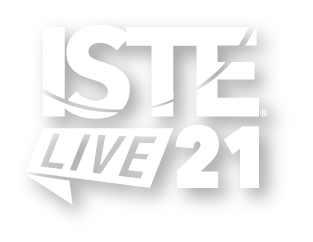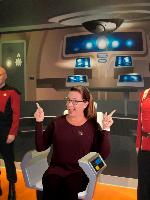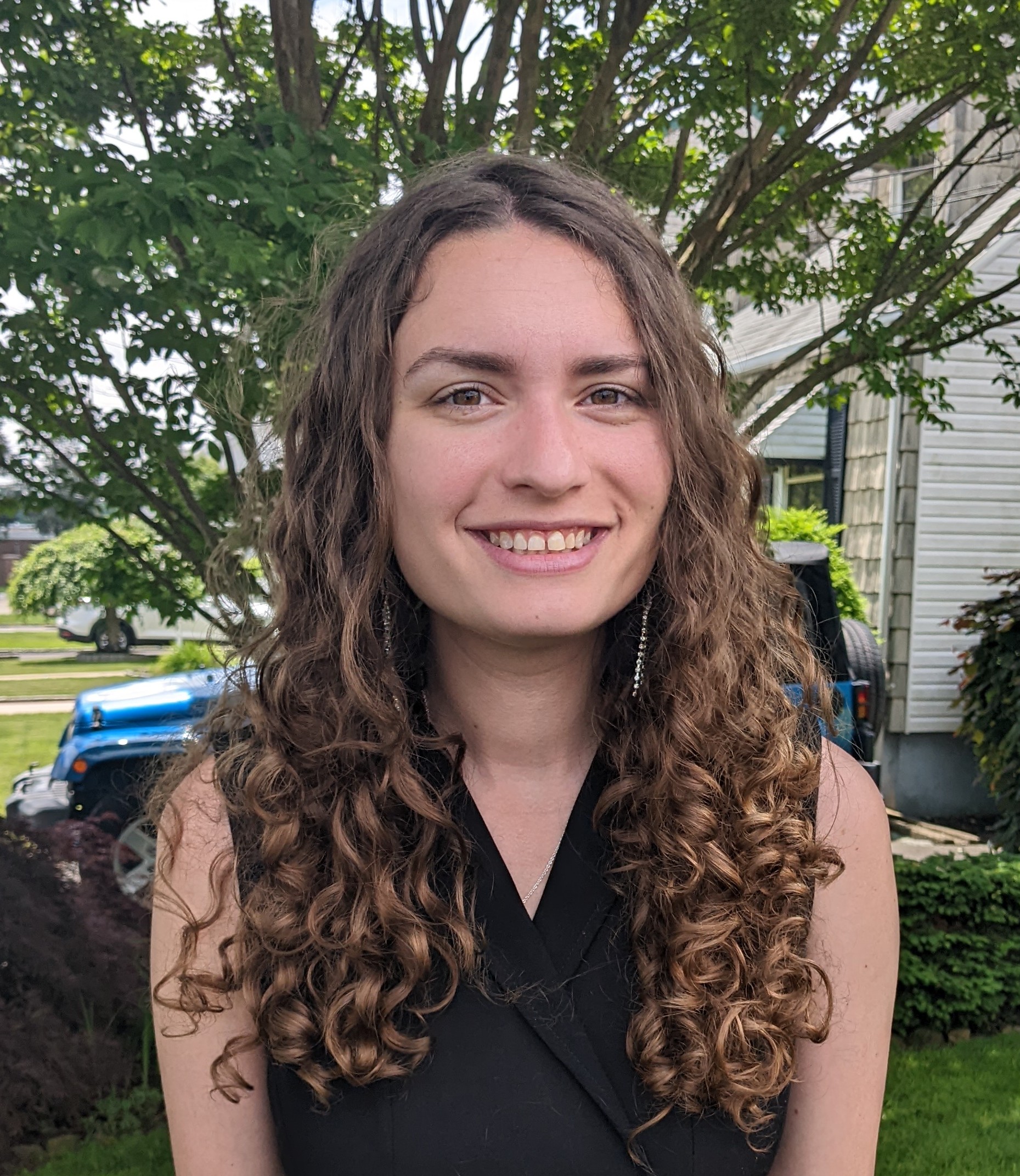

The Opportunity for Inclusive Learning in a Pandemic |
Listen and learn : Panel
Kimberly Coy Helen DeWaard Rhianon Gutierrez Dr. Katie Nieves Licwinko
Listen as members of the Inclusive Learning Network panel discuss how the pandemic presented an opportunity for them to more strategically apply Universal Design for Learning principles and collaborate with colleagues to design more equitably and inclusively. The panel features public school educators and professors with experience in online learning.
| Audience: | Curriculum/district specialists, Professional developers, Teachers |
| Skill level: | Beginner |
| Attendee devices: | Devices useful |
| Attendee device specification: | Smartphone: Android, iOS, Windows Laptop: Chromebook, Mac, PC Tablet: iOS, Windows, Android |
| Topic: | Universal Design for Learning/differentiated learning |
| Grade level: | PK-12 |
| Subject area: | Special education, Not applicable |
| ISTE Standards: | For Education Leaders: Systems Designer
Leader
|
| Additional detail: | ISTE author presentation |
1. Participants will be able to describe the key principles of Universal Design for Learning: multiple means of engagement, action and expression, and representation.
2. Participants will be able to identify scalable ways in which they can apply the principles of UDL to teaching in an online or blended learning environment across PK-12 by listening to examples from PK-12 and higher education.
3. Participants will be able to see in action, and evaluate specific practices, by teachers and students by listening and looking at lessons, assignments, and engagement ideas from a panel of experienced educators.
1. Introduction: the opportunity and the why
2. Stories: two PK-5th grade educators; one 6th-12 grade educator; one higher education professional. The stories will reflect high and low tech approaches, challenges with access to technology, the strengthening of relationships with families and paras, and lessons from higher education that can be applied to remote learning.
3. Sharing: hearing from folks in the room about what has worked for them
4. Next Steps: where do we go from here?
Burdette, P. J., & Greer, D. L. (2014). Online Learning and Students with Disabilities: Parent Perspectives. Journal of Interactive Online Learning, 13(2).
Cavanaugh, C. S., Barbour, M. K., & Clark, T. (2009). Research and practice in K-12 online learning: A review of open access literature. International Review of Research in Open and Distance Learning, 10(1), 1-22.
Coy, K., Marino, M. T., & Serianni, B. (2014). Using universal design for learning in synchronous online instruction. Journal of Special Education Technology, 29(1), 63-74.
Gemin, B., Pape, L., Vanshaw, L., & Watson, J. (2015). Keeping pace with K-12 online & blended learning: An annual review of policy and practice. Evergreen, CO: Evergreen Education Group.
Meyer, A. & Rose, D.H. (2005). The future is in the margins: The role of technology and disability in educational reform. In D.H. Rose, A. Meyer & Hitchcock (Eds.), The universally designed classroom: Accessible curriculum and digital technologies (pp. 13-35). Cambridge, MA: Harvard Education Press.
Smith, S. J., & Basham, J. D. (2014). Designing online learning opportunities for students with disabilities. Teaching Exceptional Children, 46(5), 127-137.
Thompson, L. A., Ferdig, R., & Black, E. (2012). Online schools and children with special health and educational needs: Comparison with performance in traditional schools. Journal of Medical Internet Research, 14(3), 1-9. doi:10.2196/jmir.1947
Vasquez, E., & Serianni, B. A. (2012). Research and practice in distance education for K-12 students with disabilities. Rural Special Education Quarterly, 31(4), 33-43.
Vasquez III, E., & Straub, C. (2012). Online instruction for K-12 special education: A review of the empirical literature. Journal of Special Education Technology, 27(3), 31-40.




Kathryn (Katie) Nieves is currently a Teacher/Coordinator of Educational Technology Integration and was formerly a special education teacher. She is a doctoral candidate and is a Google Certified Innovator, Trainer, and Educator. Katie is passionate about using technology to support the needs and interests of all learners. She has presented at national conferences, including ISTE, AMLE, and CEC and her work has been published in different journals, textbooks, and educational websites.